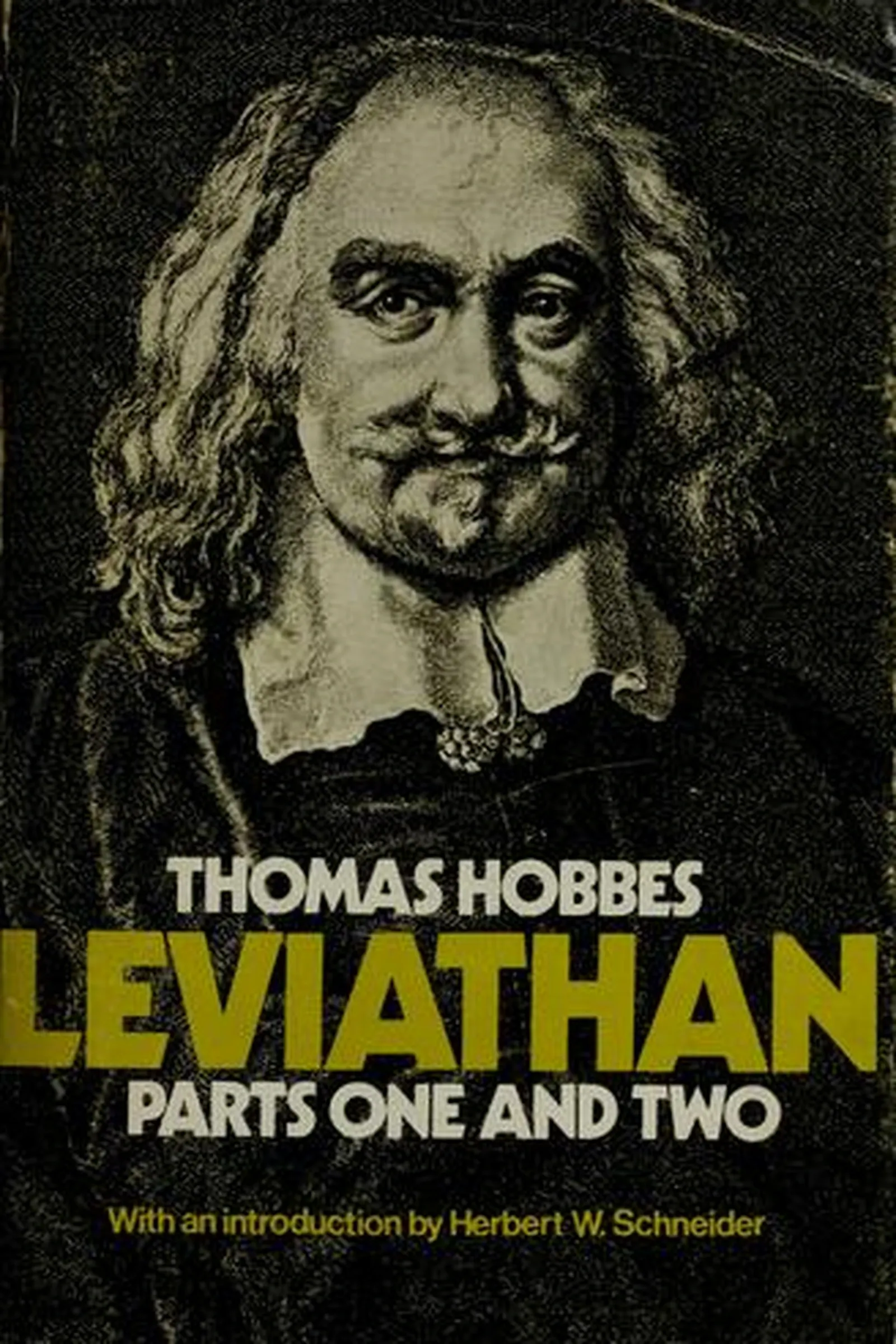Leviathan, Thomas Hobbes, 1651
- Author: Thomas Hobbes
- Genre: Politics
- Publisher: Oxford University Press
- Publication Year: 1651
- Pages: 544
- Format: Paperback
- Language: English
- ISBN: 978-0486424620
- Rating: 4,0 ★★★★☆
Leviathan Review
About
Thomas Hobbes’s Leviathan (1651) is one of the earliest and most influential works of modern political philosophy. Written during England’s civil war, it argues that humans, left to their own devices, descend into chaos—“the life of man, solitary, poor, nasty, brutish, and short.” To escape that state, Hobbes envisions a social contract in which individuals surrender freedom to a sovereign power strong enough to maintain peace. It’s not a comforting vision, but it’s brutally honest about human nature and the need for order.
Overview
The book combines psychology, politics, and theology in a single sweeping theory of government. Hobbes begins with a mechanical view of the human mind—desire and fear as forces of motion—and builds toward his concept of the state as an artificial “Leviathan,” a vast human-made body with the sovereign as its head. His style is vivid, his logic relentless, and his goal unmistakable: to replace divine authority with rational political structure.
Summary
(light spoilers) Hobbes starts by describing the “state of nature,” where everyone competes for survival. From this chaos arises the need for a social contract—an agreement to obey a common power in exchange for safety. The sovereign, once chosen, must rule absolutely to prevent society’s collapse. Though often branded as authoritarian, Hobbes’s vision is more tragic than tyrannical: peace requires submission, and liberty without order leads to ruin. The closing sections blend political theory with theology, arguing that obedience to civil law supersedes religious division, a radical idea for his time.
Key Themes / Main Ideas
• The social contract — order built from fear and consent.
• Human nature — reason as servant to desire.
• Sovereignty — absolute power as the price of stability.
• Authority and obedience — the mechanics of peace.
• Politics as artificial life — the state as a human creation.
Strengths and Weaknesses
• Strengths — Logical, fearless, and foundational to modern political science.
• Strengths — Writes philosophy with the urgency of lived experience.
• Weaknesses — Pessimistic about human potential.
• Weaknesses — Justifies authority too easily, leaving little space for dissent.
Reviewed with focus on themes, audience, and takeaways — Thomas Hobbes
| pa_author | Thomas Hobbes |
|---|---|
| ISBN | 978-1-691-52391-3 |
| pa_year | 2001 |
| Pages | 571 |
| Language | English |







